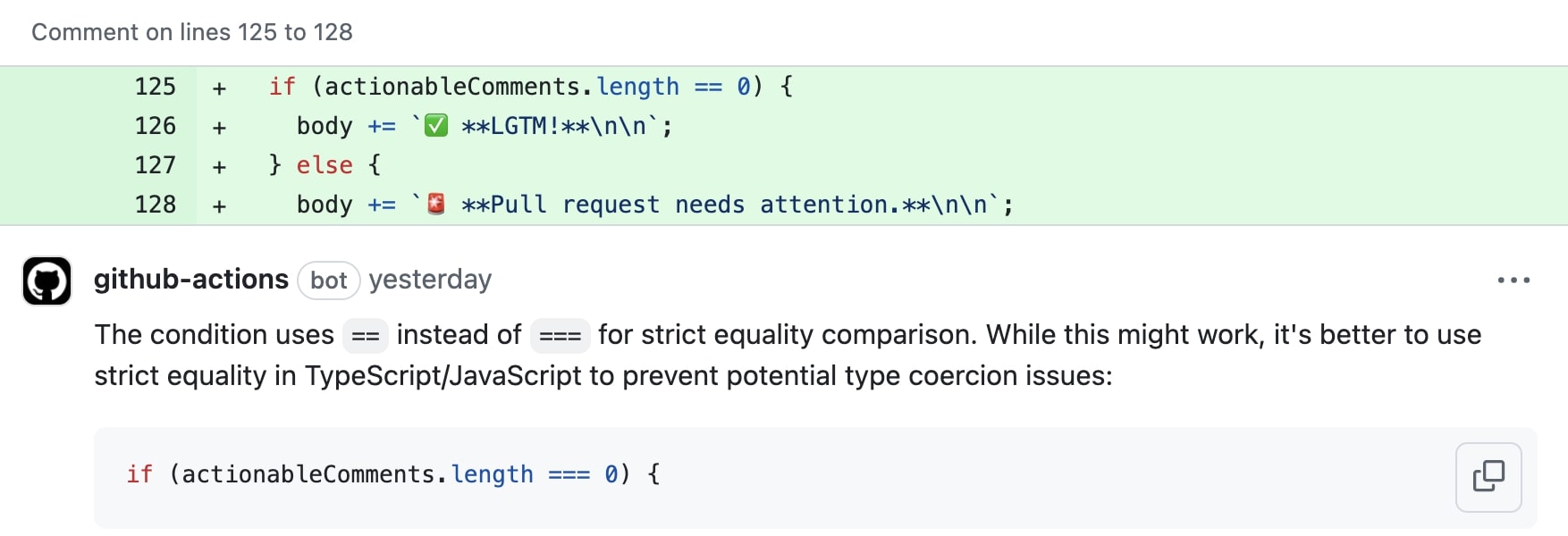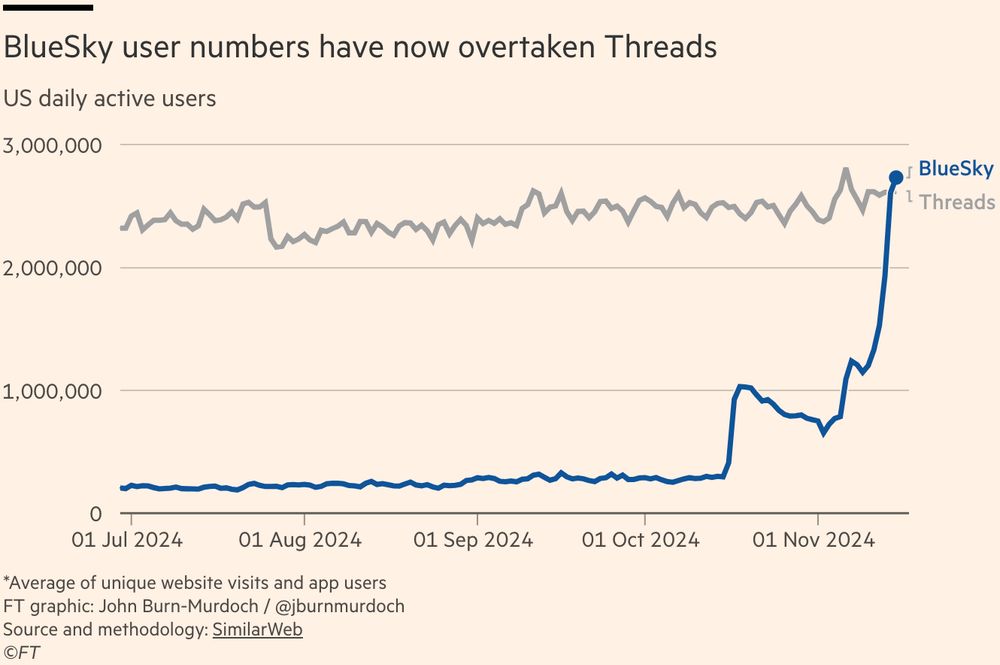
AI in Code Reviews: Reducing Human Errors and Enhancing Security
AI code reviewers excel at catching security vulnerabilities, malicious code, and API key leaks, providing an automated first line of defense before human review. However, they lack understanding of broader system architecture and business context, making them best suited as complementary tools rather than replacements for human expertise.
In the era of LLM-based tools like Cursor and Copilot, we're seeing a shift in how we write code. Development is moving faster, and we're publishing more code than ever before. But what about the way we review code?
Just as AI tools have enhanced our code writing capabilities, they can also transform how we approach code reviews. An AI-powered reviewer can serve as a tireless assistant, instantly analyzing code changes for potential issues before human reviewers even begin their review, basically as a fully automated pre-reviewer.
While AI assistants have revolutionized code writing, code review remains largely a manual process which often witnesses trade-offs between speed and quality. This trade-off is particularly prevalent when:























